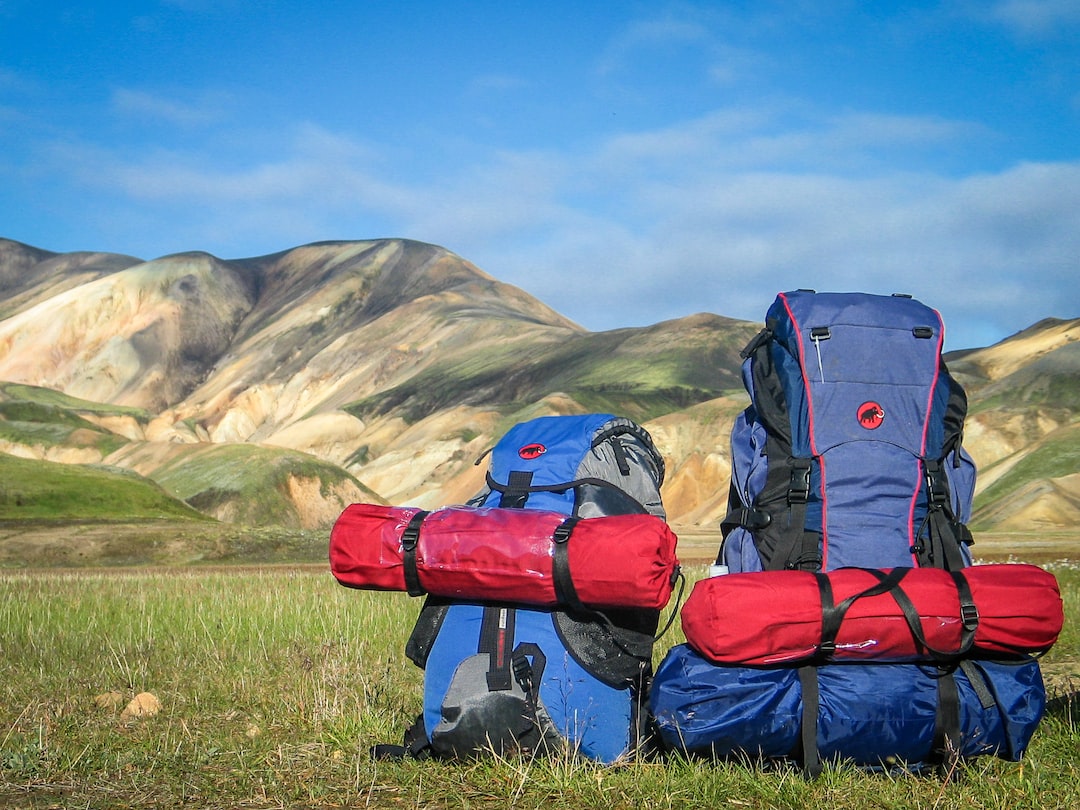Camping is an exciting and adventurous experience that allows us to connect with nature and escape from our daily routines. One of the essential items for any camping trip is a reliable and comfortable tent. Choosing the perfect tent can make all the difference in providing a safe and enjoyable camping experience. So, let’s explore some key factors to consider when selecting the perfect tent for your camping adventure.
First and foremost, it is crucial to consider the size of the tent. Tent sizes are usually classified by the number of people they can accommodate. It is advisable to select a tent that can comfortably fit a slightly larger number of people than the actual number of campers. This gives you extra space for your gear and ensures a comfortable camping experience. Moreover, if you are camping with kids or pets, a larger tent will provide them with room to move around and play.
The tent’s weight is another important factor to consider, especially if you are planning on hiking or backpacking to your camping site. Lightweight tents are easy to carry and won’t weigh you down during your trek. On the other hand, if you are car camping or camping near your vehicle, the weight won’t be a major concern, allowing you to choose a more spacious and robust tent.
Another vital aspect to consider is the tent’s seasonality. Tents are typically categorized as three-season or four-season tents. A three-season tent is designed for moderate weather conditions and is suitable for spring, summer, and fall camping. These tents are lightweight, well-ventilated, and offer protection against rain, insects, and UV rays. Four-season tents, on the other hand, are built to withstand harsher weather conditions, including winter camping or camping in extreme cold temperatures. They are sturdier, often have stronger poles, and offer better insulation. Choosing the right seasonality tent will ensure you are well protected and comfortable throughout your camping trip.
The tent’s material is also worth considering. Most tents are made from either polyester or nylon. Polyester tents are durable, resist UV rays well, and dry quickly. Nylon tents, on the other hand, are lightweight, more breathable, and less prone to condensation. Both materials have their advantages, so it is best to select one that suits your specific needs and preferences.
One crucial factor that is often overlooked is the tent’s setup process. It is highly recommended to choose a tent that is easy to set up, especially if you are a beginner camper or have limited camping experience. Freestanding tents are generally the easiest to set up as they don’t require stakes for stability. However, if you are camping in windy conditions, a tent with sturdy stake-out points and guy lines will offer increased stability.
Lastly, consider the tent’s additional features. Features such as vestibules, gear lofts, and internal pockets can greatly enhance your camping experience by providing additional storage space and organization. Ventilation is also essential, especially during hot nights, so opt for a tent with sufficient mesh panels and windows to ensure proper air circulation.
In conclusion, selecting the perfect tent for your camping adventure involves considering factors such as size, weight, seasonality, material, setup process, and additional features. By carefully assessing these factors and matching them to your specific needs and preferences, you can ensure a safe and comfortable camping experience. Remember, a well-chosen tent is the foundation for a memorable camping trip!


